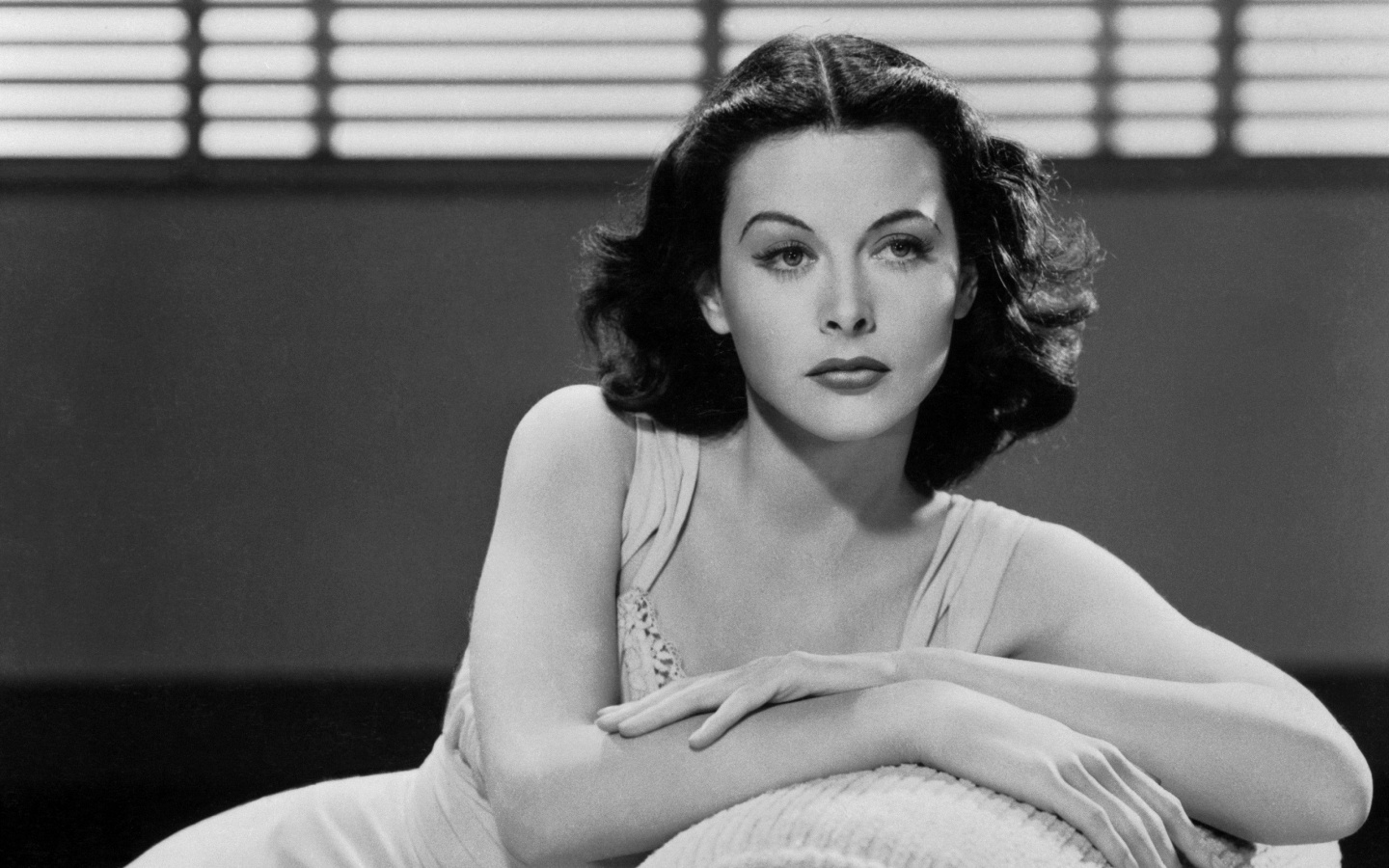On the 103rd anniversary of Hedy Lamarr’s birth and Inventors’ Day in Austria, an audience in Great Neck heard the actress’ story in her own words.
This came through the Long Island premiere of “Bombshell: The Hedy Lamarr Story,” as the kick-off event on Thursday for the Gold Coast Arts Center’s “Science on Screen” program and part of the Gold Coast International Film Festival.
“It’s kind of a film for everybody, but it’s about a very timely or very contemporary topic right now: gender stereotypes,” Lauren Wagner, the festival director of the Gold Coast International Film Festival, said in an interview.
The documentary showcased a bold woman with an inventive mind, both blessed and cursed by her beauty, who was rarely recognized for who she truly was or what she did — particularly in the inventing of frequency hopping, used today in everything from GPS to WiFi.
The film also featured interviews with authors, historians, experts, friends and family, as well as Lamarr’s own voice through once lost recordings.
Prior to the screening, audience members were asked what they knew of Hedy Lamarr, who died in 2000. Did they see the most beautiful woman in the world? A troubled actress, divorced many times, who was infamous for her role in “Ecstasy” and a negative portrayal of her in “Blazing Saddles?”
What about an inventor?
“This woman who was supposed to be the most beautiful in the world, and now we find out was among the most brilliant, was a joke for a big part of her life,” Alexandra Dean, the director and producer of the film, told the audience.
While each person came with a certain perception about Lamarr, each was presented a more nuanced view – and learned how women are often more recognized for their beauty than scientific achievements or personality.
“The headline in my story was ‘They just take and forget about a person,'” said Fleming Meeks, a reporter who interviewed Lamarr and wrote an extensive feature article about her in 1990. “So to know, 70 years later, almost 80 years later, that people are just dazzled by her mind and not her beauty, I think that was something she always wanted.”
“She wanted recognition beyond walking into a room and having every head turn,” Meeks added.
Complementing the film was a panel featuring the film’s director, Alexandra Dean, Meeks, whose interviews underpinned the movie, and Dr. Christine Metz, a professor at the Feinstein Institute for Medical Research who explored the challenges women face in scientific fields.
Metz said that what truly resonated with her was the fact that Lamarr was not taken seriously, since it is a situation “that’s very common today.” She also noted that while things are improving, sometimes women still lack both role models and the resources to thrive.
“I think that if people did take her seriously, she would have been well recognized in her day for what she had done,” Metz said. “And I think she’s right up there with several Nobel laureates. I hate to say it, but I think it’s really true.”
Barbara Jo Russell, a volunteer with the Gold Coast International Film Festival who came from Port Washington with a friend to see the film, said she had been really eager to see the movie. She said it saddened her to see that Lamarr had to hide herself and that one movie ruined her.
“It’s just so sad: it’s almost like so many women today and what they have to hide happening to them,” Russell said. “I’m just so glad that they made it [the film], because it would have been lost.
Marilyn Stern, of Queens, said that she initially knew of Lamarr only as an “actress and beauty” and “wanted to know more about everything in her life.” And while her life played out like a tragedy, with her family being hurt by relentless pressure, the film gave her children an opportunity to meet their mother in a new way.
“I think it was a wonderful thing that her children were able to learn what I learned tonight, especially with the way she acted towards her son and her daughter when they were growing, that that wasn’t really their mother,” Stern said, referring to the time when a doctor had prescribing morphine to energize her.
“She had so much to offer,” Stern added, “and she was such a brilliant woman.”
Anyone who missed the screening will have the opportunity to see the film on Nov. 24 at IFC Center in New York City. Tickets and times will be available on Nov. 20.



